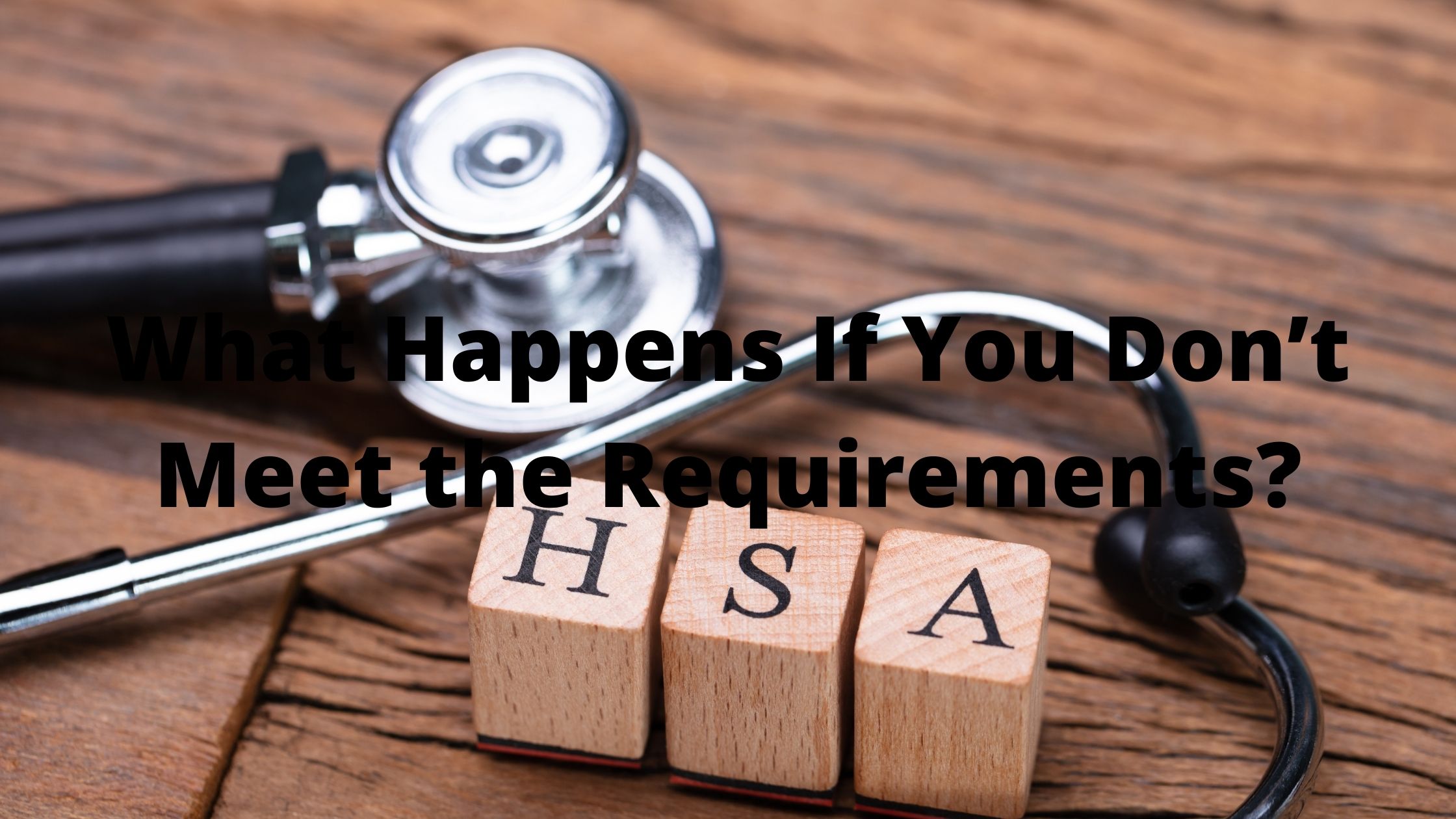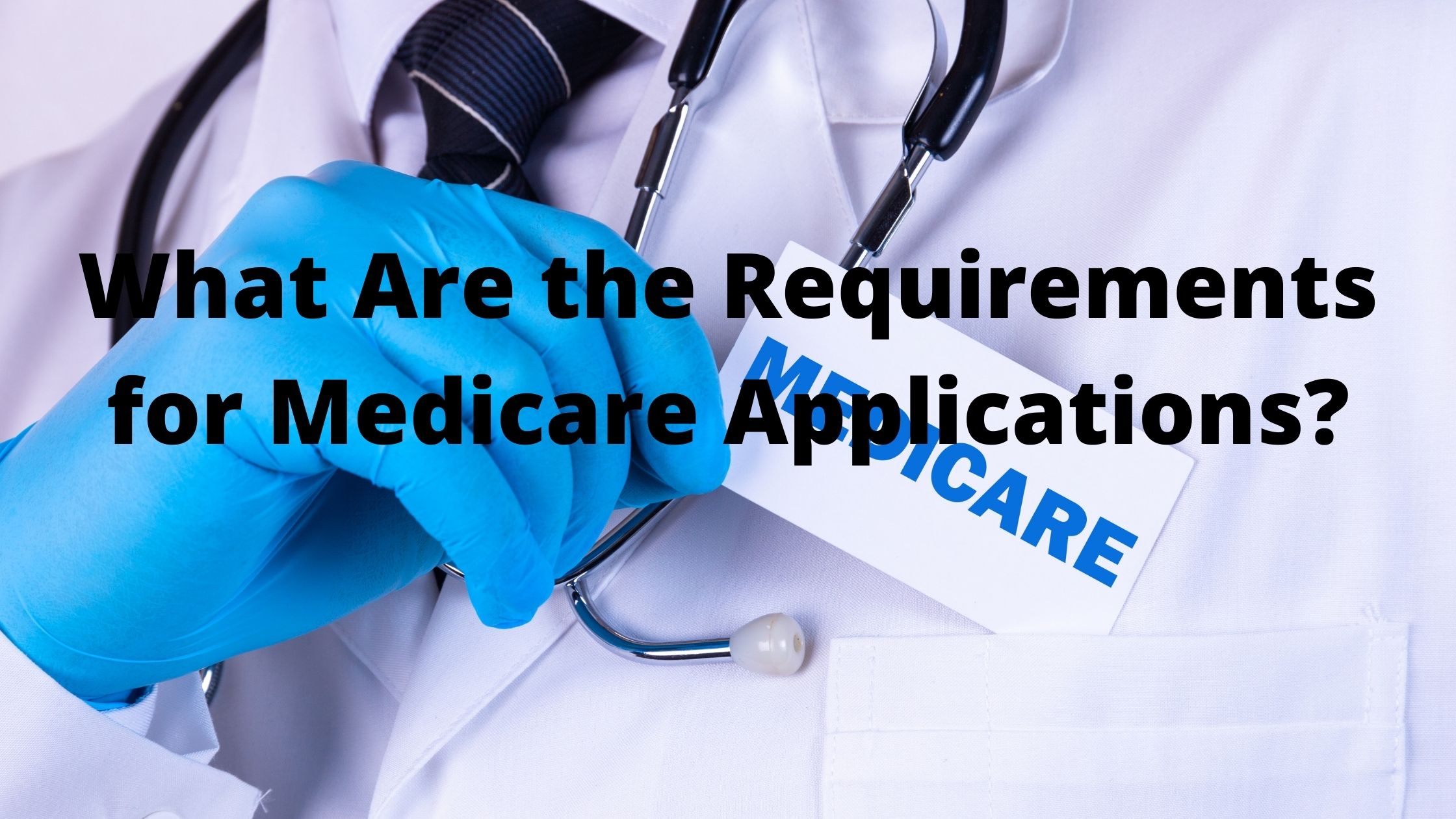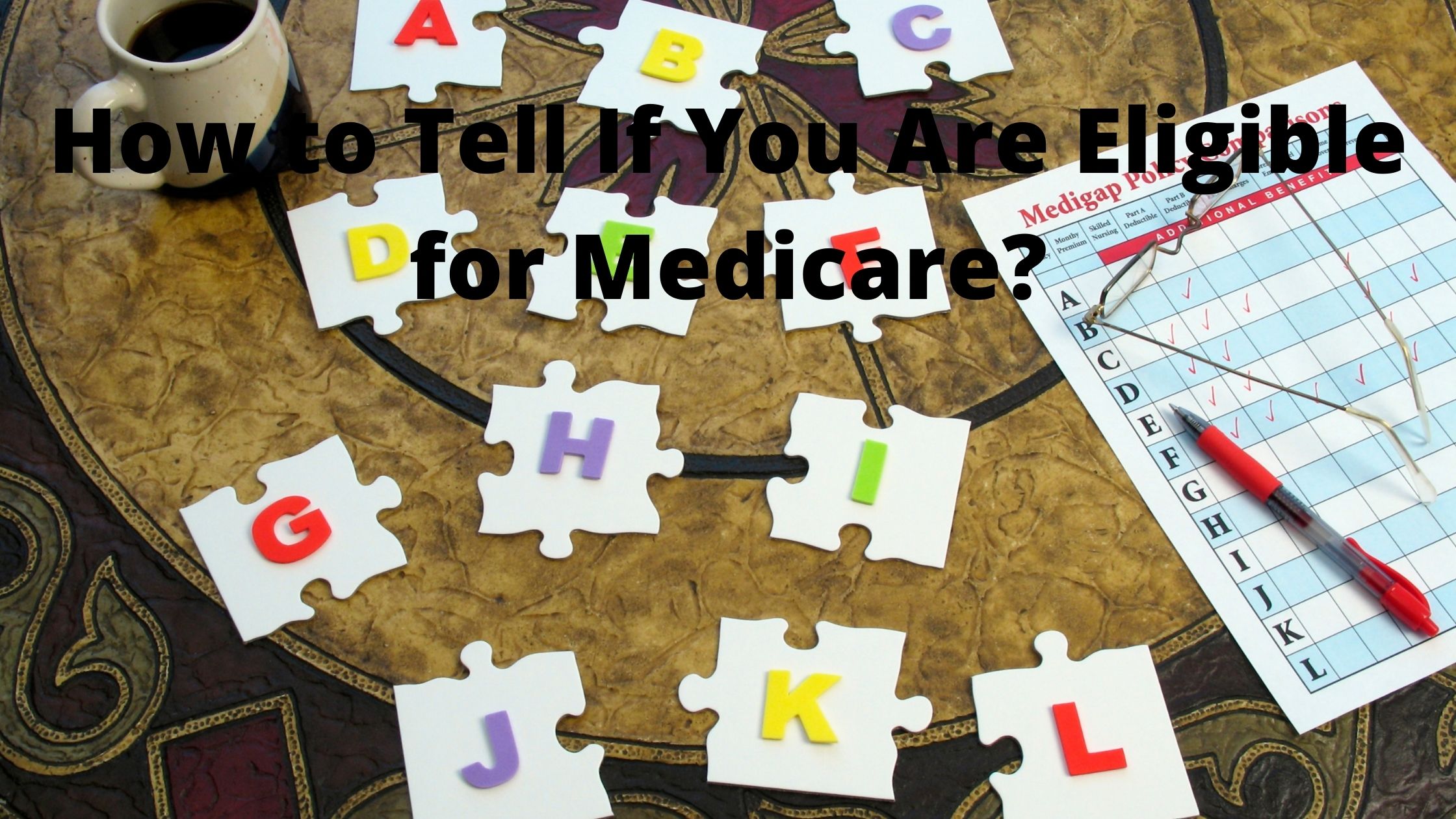Medicare is a federal health insurance program in the United States for people aged 65 and older, as well as people with disabilities. If you are age 65 or older and have been approved for Medicare, you may be wondering if you can apply for the program without losing your benefits. The answer is yes – but there are a few things you need to know first.
What Are the Requirements for Medicare Applications?
There are a few things that you’ll need to do in order to apply for Medicare. The main requirements are that you’re at least 65 years old, have been a U.S. citizen for at least 10 years, and have paid enough taxes during that time (in case you’re wondering, there is no minimum income requirement for Medicare eligibility). Additionally, you’ll need to provide some documentation to prove your eligibility, including your birth certificate, citizenship papers, and Social Security card. You can apply online or by mail.
There are a few other things to keep in mind if you want to apply for Medicare early. For one thing, you may not be able to continue receiving all of your benefits if you do so, depending on how long you’ve had Medicare coverage and how much money you’ve earned since becoming eligible. Additionally, if you’re applying for benefits before you’re actually eligible, your application may be rejected or delayed. Make sure to check with the Social Security Administration or your state’s Medicaid agency to find out more about what’s required in order to qualify for Medicare early in your life.
Can You Apply for Medicare Even If You Have Never Had to File a Tax Return?
If you have never had to file a tax return and are at least 65 years old, you may be able to apply for Medicare without losing your benefits. However, there are some rules you will need to follow. First, you will need to make sure that you meet the eligibility requirements. Next, you will need to file the appropriate form with the government. Finally, you will need to wait until your application is processed before you can start receiving benefits.
What Happens If You Don’t Meet the Requirements?
If you are age 65 or older and do not meet the requirements for Social Security retirement, you may be able to apply for Medicare before the retirement date. However, if you do not meet the requirements for early eligibility, your benefits may be reduced.
To qualify for early eligibility, you must be permanently disabled or have end-stage renal disease (ESRD) that meets certain conditions. You also must have completed a full calendar year of coverage under a qualifying health insurance policy during the 6 months immediately prior to filing for early eligibility.
If you are not sure if you are eligible for early eligibility, speak with an attorney or contact the Social Security Administration (SSA) for more information.
How to Tell If You Are Eligible for Medicare?
If you are over the age of 65, you are probably eligible for Medicare. However, there are a few things you should do to make sure. Here are a few tips:
-Visit the Medicare website and look at the eligibility requirements. There is a lot of information on the website, so it may take some time to go through it all. But, once you have completed the eligibility process, you will know if you are eligible for Medicare.
-If you are not sure if you are eligible for Medicare, call the Medicare toll-free number. You can find this number on the website or in your phone book. The person who answers the phone will be able to help you determine your eligibility for Medicare.
-If you are already receiving Social Security benefits, do not stop receiving them just because you become eligible for Medicare. Social Security will continue to pay your benefits while you are receiving Medicare benefits.
Remember: If you are over the age of 65 and have been working, it is important to check if you are eligible for Medicare. It may be worth your while to call the Medicare toll-free number and find out if you qualify.
What to Do if You Are Approved But Your Benefits Aren’t Ready Yet
If you have been approved for Medicare, but your benefits aren’t ready yet, there are a few things you can do. First, check to see if your Medicare card has already been sent to you. If not, call Medicare customer service at 1-800-MEDICARE (1-800-633-4227). They will be able to tell you when your benefits will be ready. You should also check to see if your doctor has sent you any information about how to get started with Medicare. If not, call your doctor and ask them to send you information about how to get started. Finally, if you have any questions about Medicare or if your benefits aren’t ready yet, call the Medicare helpline at 1-800-MEDICARE (1-800-633-4227).
How to Get Your Benefits if They Are Late
If you have Medicare and your benefits are late, there are a few things you can do to try and get the benefits you need.
First, make sure you are aware of your rights as a Medicare beneficiary. Second, look into your options for getting benefits before they expire. Finally, check with your insurance company or Medicare provider to see if there are any delays that may be affecting your coverage.
If you have questions about how to apply for Medicare benefits when they are late, talk to a Medicare advisor or your health care provider. They can help you figure out what steps to take and give you advice on what is likely to work best for you.
Conclusion
Yes, you can apply for Medicare as early as age 65 if you meet all of the following conditions:
-You are not yet receiving Social Security benefits.
-You have never received Supplemental Security Income (SSI) or Medicaid.
-You have never had to repay a medical bill that was more than $2,500.
If you meet these conditions and submit an application by the due date, your benefits will continue as scheduled even if you turn 65 before your birthday. In order to be sure that your application is processed in a timely manner, it is important to contact the Medicare call center at 1-800-MEDICARE (1-800-633-4227) as soon as possible after turning 65 so they can verify your eligibility and provide any additional instructions.

